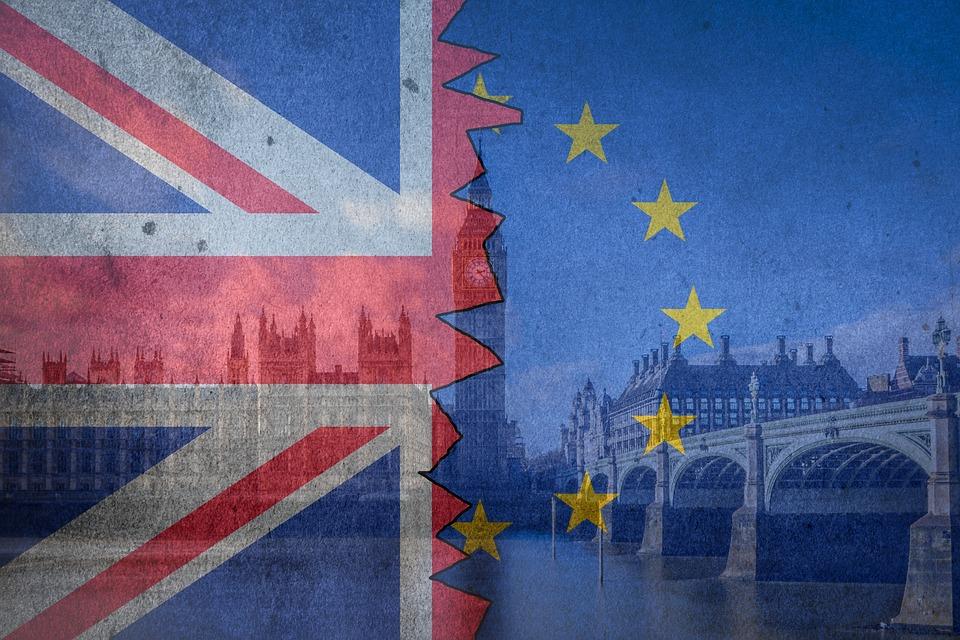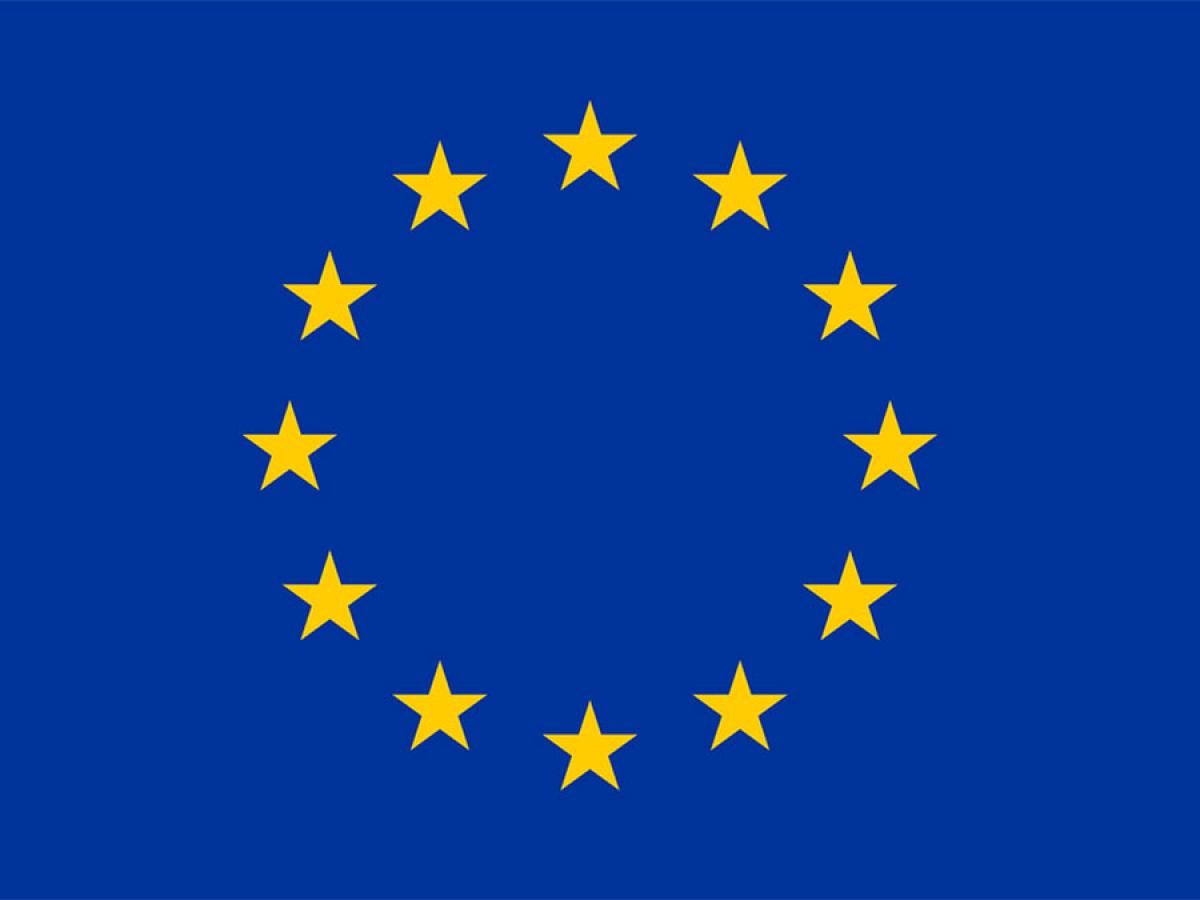The UK after Brexit

On 31 January 2020 Britons celebrated or mourned the UK’s departure from the European Union.
Brexit will be followed by a transition period until the end of the current EU budget cycle on 31 December 2020. During the transition, the UK will continue to adhere to EU rules while managing the practicalities of Brexit. A number of questions arise: what goals are top of the wish list for the Johnson government during this transition; how feasible are these goals in light of the EU27 position; and what might the long-term consequences of Brexit be for the UK?
Transitional priorities
A major EU-UK trade agreement is a top priority and has received the most publicity, but other issues are pressing for resolution. An important first step will be to identify which areas will be linked in the trade agreement and what red lines each side will draw. Potential roadblocks include fishing rights, data-sharing and privacy, and financial services. Britain’s absence from the EU27 table will be important for some of these, for example when the annual review of EU fishing quotas takes place in December.
Even if potentially acrimonious issues such as fishing can be ring-fenced, a trade agreement will be difficult. PM Johnson sees a no-deal WTO solution as the fallback for the UK, providing mostly tariff-free access to EU27 markets. However, some EU tariffs would hurt UK producers. Cars would face a 10% tariff. UK farmers, who have been sheltered by EU tariff-rate quotas, could face high tariffs if the EU quotas are not increased to accommodate them, and they will also face greater competition from outside the EU.
A further shock will follow from termination of EU agreements with third countries who may insist on different terms from an independent UK. So far, the UK has signed twenty continuity agreements with partners who have agreed to copy-paste their EU agreement for UK trade. However, these are with smaller partners and apply to only 8% of UK trade; Switzerland is the largest trade partner to have signed a continuity agreement. Other partners, including Japan and Turkey, have already indicated that new trading arrangements with the UK will not be finalized before the end of 2020.
Can the UK fast-track a new generation trade deal?
Twenty-first-century trade agreements are not just about removing tariffs, as when the UK joined the European Economic Community in 1973. They are far more concerned with WTO+ issues such as regulatory standards, e-commerce and technical barriers to trade and sanitary restrictions.
British Prime Minister Boris Johnson insists that he will conclude the UK-EU trade agreement by the end of 2020. This is, of course, possible if the EU negotiator agrees, but an agreement negotiated in ten months will be a stripped-down version lacking much of the WTO+ detail of EU agreements with Japan or Canada, or currently being negotiated with Australia.
Failure to address the more complex issues of standards, public procurement or cross-border data movement will leave UK producers facing higher trade costs when exporting to the EU, and this constraint will be especially severe for service sectors where the UK has a comparative advantage.
The EU-Canada Comprehensive Economic and Trade Agreement (CETA) illustrates the lengthy process of negotiating a modern trade agreement. The EU began negotiating with Canada in 2009, and CETA provisionally came into force in 2017, while the ratification process has not yet been completed by all EU member states. CETA eliminates most, but not all, tariffs on goods traded between the EU and Canada (e.g. tariffs remain on poultry, meat and eggs) and increases, but does not eliminate, quotas.
CETA contains innovations in some services sectors, for example chapter 11 provides for mutual recognition of professional qualifications. However, and with respect to the City of London, while CETA contains financial sector liberalization, this is only for a limited number of sectors and ‘certain’ conditions apply. Thus CETA chapter 13 on financial services would likely require further development from the UK’s perspective.
The UK government has stated that it would like a Canada-style deal. Will it be easier to follow the route already taken by Canada and reach a faster conclusion? Not necessarily. For example, preliminary negotiations for an Australia-EU trade agreement that is similarly comprehensive as CETA began in 2018, yet these are still far from completion, despite frequent reassertion of the two partners’ likemindedness.
Negotiating modern agreements that tackle obstacles to trade in goods and services due to regulations, diversity of standards or other obstacles is time-consuming. Even when countries have shared values about the goals of safety, health, environmental and other regulations, they may disagree over the instruments, and differing instruments or even differing methods and levels of implementation can be perceived as obstacles to “fair” trade.
Red lines, hard lines and February posturing
The EU makes frequent reference to the need for a level playing field, by which they mean regulatory conformity as well as compatible competition polices and restrictions on state aid to companies. Suggestions that the UK would introduce new, less restrictive workplace or environmental rules after leaving the EU would also raise EU concerns about fair competition. In other words, extensive divergence from EU standards in the context of the UK seeking a comprehensive deal may be a “red line” for the EU. At the same time, any limitation on the UK’s power to set its own regulations is being described by the British government as contrary to the spirit of Brexit.
In future trade disputes, the EU will demand a role for the European Court of Justice (ECJ), which is anathema to hard-line Brexiteers. Given that the UK has now left the EU there are legitimate questions as to why the UK should be subject to the ECJ. In any case, February posturing by both sides on their red lines does not augur well for negotiations over the next ten months.
An early sign of potential disagreement has been the Johnson government’s support for the financially troubled airline Flybe. Such state aid is illegal under EU law and Ireland’s Ryanair has threatened to take the UK to the EU Court. Any court decision is unlikely to be respected by the UK even during the transition period and Johnson believes this is a matter of UK sovereignty. An early assertion of the UK’s right to ignore EU rules banning state aid to individual companies is not a good foundation for negotiating future relations. The transition period is likely to be plagued by specific implementation issues.
Brexit is done, but the consequences are only beginning
Although it is widely accepted that the short- and medium-term trade effects of Brexit will be lose-lose for the UK and the EU 27, the long-run consequences are more debatable. Brexiteers celebrate the loosening of the shackles imposed by Brussels and predict positive impacts on UK productivity, trade and growth. Less positive assessments point to increased trade costs, reduced trade and lower economic growth.
The long-term is likely to see existential challenges to the United Kingdom, given that Brexit was essentially an English project with large majorities for Remain in Scotland, Northern Ireland and Wales. Drawing the customs line in the Irish Sea, as Ireland behaves increasingly like a modern secular state and Northern Irish protestants lose their majority, will likely increase pressures for Irish reunification which England may be unwilling to resist; the German precedent suggests that a united Ireland will be in the EU.
Scottish independence may be a tougher process as Johnson seeks to prevent a referendum and an independent Scotland may encounter opposition to EU membership from countries concerned about showing support for secession.
In sum, the three and a half year Brexit saga which dominated and divided British politics may be just the beginning. Trade policy has historically had great potential to divide nations and that may again be true for the UK, even if in the disguise of choosing whether to hew to European or other regulatory principles. Beyond trade policy, Brexit could trigger the unravelling of the Union itself.
by Richard Pomfret - Professor of Economics & Jean Monnet Chair Economics of European Integration, The University of Adelaide
The European Commission's support for the production of this publication does not constitute an endorsement of the contents, which reflect the views only of the authors, and the Commission cannot be held responsible for any use which may be made of the information contained therein.

With the support of the Erasmus+ Programme of the European Union
This work is licensed under Commons Attribution-NonCommercial-NoDerivatives 4.0 International License.
IIT is a global leader in researching, analysing and commenting on International Trade.
Stay informed about our up-and-coming seminars, events, publications, awards, new projects and collaborations, and other exciting news.
